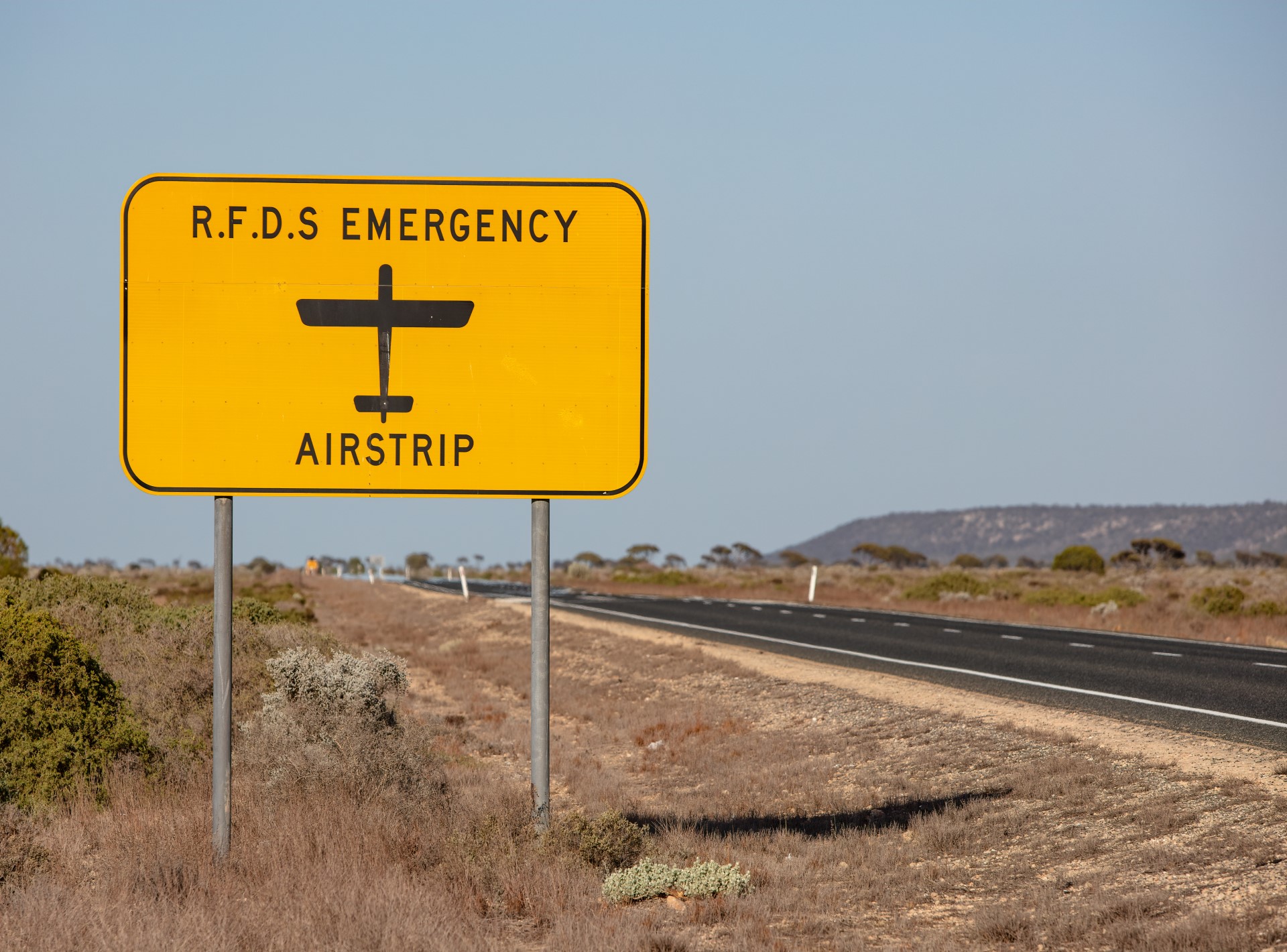
The Federal Government has announced payments of up to $21,000 as incentives for GPs and rural generalists to work outside cities.
The money is available for those providing emergency care and with qualifications in areas such as mental health, obstetrics, surgery, anaesthetics, and First Nations health.
The payments, to be paid under the Workforce Incentives Program – Rural Advanced Skills payment, are open to eligible GPs in Modified Monash Model areas 3-7, or large rural towns to very remote communities.
Between $4000-10,500 is available to GPs providing emergency care, based on rurality, rosters worked, and the doctor’s level of advanced skills.
Eligibility includes RACGP rural GPs and Rural Generalists who have completed Additional Rural Skills Training, as well as the college’s Small Town Rural General Practice ARST which comprises aged care, community health, and emergency and local hospital in-patient services.
RACGP President Dr Nicole Higgins said well-staffed general practice was one of the essential elements of a small town.
“Without a GP, it’s hard to keep a community healthy and a town viable,” she said.
“Making the decision to move to a small community, and the increased expense of practice further from the city, can push GPs to work closer to cities. Improving incentives for GPs and rural generalists to work in outer regional, rural, and remote communities can be the difference between a community thriving with a GP, or not.”
Regional WA is supported by 196 community-based general practices, yet according to the latest data from Rural Health West, 113 rural GPs left the workforce between November 2021 and November 2022, with more GPs retiring than in any previous period known to Rural Health West (21 doctors or 18.6% of departures).
And while 122 GPs joined the permanent workforce in rural WA during this time, the most significant increase was among fly-in/fly-out and drive-in/drive-out GPs – with an additional 15 doctors (10.4% growth).
Overall, the 2023 Rural General Practice in Western Australia: Annual Workforce Update, compiled from the latest November 2022 census data, showed that there were 911 GPs known to be practising in MMM 2 to 7 locations, an increase of 20 GPs from 891 in 2021 (2.2% growth).
Four regions gained more GPs between November 2021 and November 2022:
- the Outer Metropolitan region gained 10 GPs (17.9% growth)
- the Southwest region gained 18 GPs (growth of 6.4%)
- the Midwest region gained 4 GPs (4.4% growth)
- the Kimberley region gained 3 GPs (2.7% growth)
Five regions lost GPs between November 2021 and November 2022:
- the Wheatbelt region lost 10 GPs (11.2% contraction)
- the Goldfields region lost 3 GPs (4.2% contraction)
- the Pilbara region lost 2 GPs (2.9% contraction)
- the Great Southern region lost 1 GP (1.0% contraction)
- the Indian Ocean Territories lost 1 GP (33.3% contraction)
In other rural state-health news, WA Country Health Service will take over management of the four Midwest health centres currently operated by Silverchain.
Leeman will transition from February 29, with Eneabba to follow on March 7, Mingenew on March 14, and Shark Bay from March 21.
WACHS Executive Director Strategy and Change Melissa Vernon said there would be no impact to services with the community able to access care as normal.
“We have a long and proud history of delivering healthcare to WA’s rural and remote communities and we’re excited to continue this in Leeman, Eneabba, Mingenew and Shark Bay,” Ms Vernon said.
“Our teams will be further supported by 24/7 specialist emergency, mental health, and inpatient support, plus a range of other services and specialties available through our Command Centre.”

